MOI University
Moi University is located in Eldoret, 310 kilometres northwest of Nairobi, the Capital City of Kenya. It was established as the second university in Kenya by an Act of Parliament, the Moi University Act of 1984. The first cohort of 83 students was admitted in 1984 through a transfer from the Department of Forestry, University of Nairobi. Since then, the University has experienced phenomenal growth from its initial one faculty in 1984, to a total of Thirteen (13) Schools, four (4) Directorates and Two (2) Institutes in 2012.
Vision, Mission and Values
Vision
To be the University of choice in nurturing innovation and talent in science, technology and development.
Mission
To preserve, create, and disseminate knowledge, conserve and develop scientific, technological and cultural heritage through quality teaching and research; to create conducive work and learning environment; and to work with stakeholders for the betterment of society.
Core Values
-
Promotion and defence of intellectual and academic freedom, scholarship and relentless search for truth.
-
Fostering teamwork, innovation, networking, tolerance, and a culture of peace.
-
Embracing excellence, transparency & accountability.
-
Practising professionalism, meritocracy, equality, integrity and social justice.
-
Maintaining self-respect, discipline, responsibility, institutional loyalty, national patriotism & international competitiveness.
-
Continual improvement of services in order to remain competitive and relevant
College of Health Sciences
The College of Health Sciences, Moi University is located in Eldoret town next to and within the Moi Teaching and Referral Hospital. It was established as the first College campus of Moi University on 20th September 2011 during the inauguration of the first Principal. The establishment of the College of health Sciences is in line with the Moi university strategic plan of 2005-2015.
The College started as a Faculty of Health Sciences in 1989 and the first cohort of 40 students was admitted in 1990. The College has experienced phenomenal growth from its initial one faculty to a total of four Schools (Schools of Medicine, Public Health, Dentistry and Nursing). It has a student population of about 2,000 with a staff complement of over 500 of whom about 170 are academic staff.
The College offers both undergraduate and postgraduate programs including doctorate degrees.
http://www.chs.mu.ac.ke/index.php?option=com_phocadownload&view=category&id=9:cv-po&Itemid=74
School of Dentistry
The school of dentistry, a newly established School was started in accordance to the Moi University strategic plan. The first lot of 15 students is expected to begin their training in January 2008.
In line with the University's Mission and Vision, the School aims to providing training to produce dental surgeons capable of providing high quality, acceptable and appropriate oral health care. The program encompasses the essential need to produce skillful, up to date and knowledgeable graduates. The teaching and learning strategies are focused on encouraging and integrated body of holistic knowledge and skills through self directed and problem based learning techniques, while closely binding these strategies with community orientation.
For more information follow this link:
http://www.chs.mu.ac.ke/index.php?option=com_content&view=article&id=91&Itemid=130
School of Medicine
The school of Medicine was started as the second medical school in Kenya in 1988 and admitted the first intake of medical students in 1990 and graduated the first cohort of doctors in 1997.
The school started as the Faculty of Health Sciences with 40 students of Medicine. In 1996 the BSc. Environmental Health was started with 20 students and in 1998 the BSc. Nursing was started with 20 students.
In 1999 the Institute of Public Health was established within the Faculty of Health Sciences with an MPH Program.
In 2005 the Faculty was divided into two schools in line with the Moi University strategic plan (2005-2015). The School of Medicine comprising of the MBChB and BSc. Nursing Programs and the School of Public Health was given the BSc. Environmental Health in addition to the MPH Program.
The school of Medicine now has a population of 800 students. The school of Medicine applies the problem based approach to teaching and adopts the SPICES (Student Centered, Problem Based, Integrated, Community Oriented, Electives and Early clinical exposure and systematic) model of innovative Medical Education. It has teaching population of 107 and a non teaching workforce of 150.
The School has 17 departments and runs 11 postgraduate programs in Medicine, Child Health, Family Medicine, Medical Education, and Immunology.
For more information follow this link:
http://www.chs.mu.ac.ke/index.php?option=com_content&view=article&id=56&Itemid=83
School of Public Health
The School of Public Health (SPH) was established in 1998 in recognition of the need for training high level manpower in Public Health. The training programmes of the School have been developed to meet the University's mission of producing skilled and practical health professionals who will contribute towards the realization of the country's national goals laid out in vision 2030.
As a public health leader, the School bears unique responsibility for research that improves the health of populations, communications and societies. The goal of our academic programmes is to instill in our students values of life long learning, inquiry and public service. The corner stone of our outreach strategy is to engage communities, leaders, professionals and other stakeholders within and beyond the University as partners in the mission of public health.
To advance our excellence in research, education and outreach for preventive and promotive health care requires a diversified academic programme. The B.Sc. Environmental Health Programme aims at producing a graduate who will approach environmental health issues with a holistic global perspective and critically analyze problems with a view to integrating theory and practice in the assessment and provision of preventive and promotive health care services. The Masters of Public Health programme provides learning opportunities to students across the health sciences in public health disciplines, competencies and skills important to their professions. To achieve our vision of being a regional and international centre for excellence in the training, research, practice, research and consultancy in Public Health, we propose to offer executive programmes for working professionals; additional undergraduate programmes in Human Nutrition; Leadership and Health Services management; postgraduate programmes in Epidemiology, Biostatistics, Human Nutrition; Health Services Management; Conflict Resolution and Humanitarian Assistance.
For more Information follow this link:
http://www.chs.mu.ac.ke/index.php?option=com_content&view=article&id=81&Itemid=49
School of Nursing
The School of Nursing was launched in August 2011 under the auspices of the College of Health Sciences. The school started as a department of Nursing in the Faculty of Health Sciences in 1998 with 20 students in BSc. Nursing. Master of Science in Nursing (MSc. N) in Maternal and Neonatal Health was introduced in September 2006 and has graduated 10 students to date. This is the second postgraduate nursing (MSc.N) in Kenya.
It values excellence and innovation in preserving and advancing the art and science of nursing in the scholarly domains of nursing education, practice and research. The values would be pursued through personal interactions and the integration of technology, while embracing cultural and academic diversity. Education for nursing should be value-focused, providing guidance for future practice, yet reality based to prepare practitioners for the current health care practices. Nursing education equips the student with cognitive, affective and psychomotor competencies integral to professional nursing practice.
The School of Nursing comprises the following three (3) Departments:
-
Department of Community Health, Nursing Administration, Education and Research.
-
Department of Midwifery and Gender
-
Department of Medical Surgical and Mental Health
For more information follow this link:
http://www.chs.mu.ac.ke/index.php?option=com_content&view=article&id=74&Itemid=103
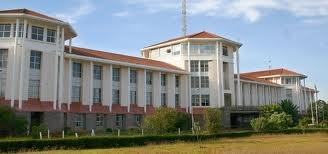
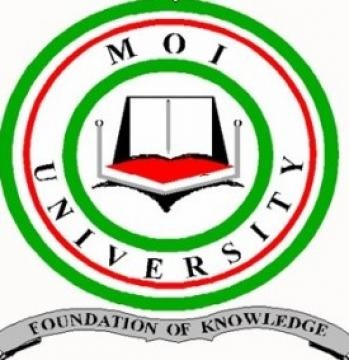
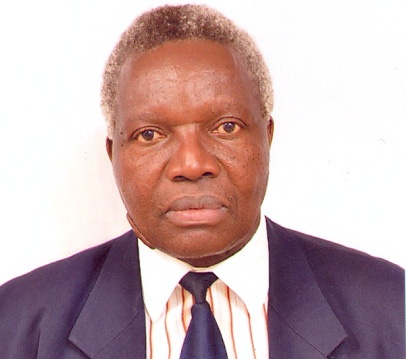
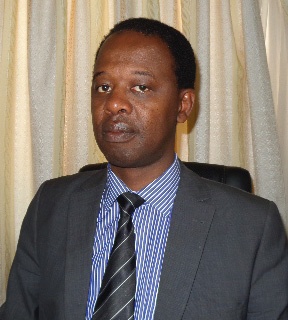
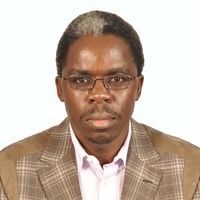
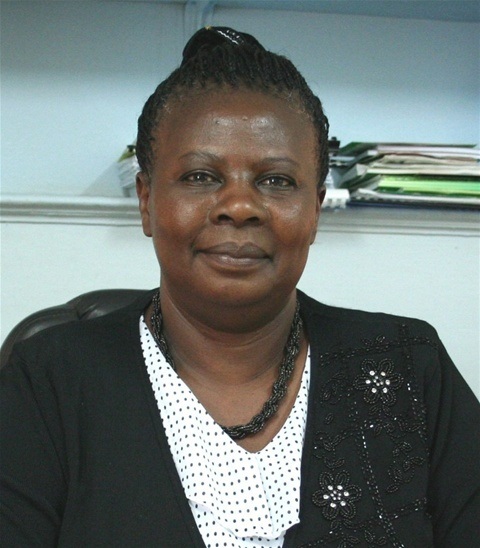

Latest comments
I was scammed by a binary option website iq options to be exact. I lost about $253,000 to them. It was a really hard time for me because that was all i had and they tricked me into investing the mone
Traditional Lost Love Spells Caster For Marriage And Love Disputes In Ocean City Resort In Maryland In United States Call +27782830887 In Kimberly City South Africa
Meet a great traditional doctor
Magic Ring For Fame Money And Powers In Great Britain, United States Canada And Asia Call +27782830887 In Australia And Howick South Africa
What Is The Impotence Of A Magic Ring? (+27782830887)
Magi
How To Join Illuminati Secret Society For Money In Walkerville Town Gauteng Call +27782830887 In Pietermaritzburg South Africa
Join the secret society of illuminati +27782830887, be part of the ill